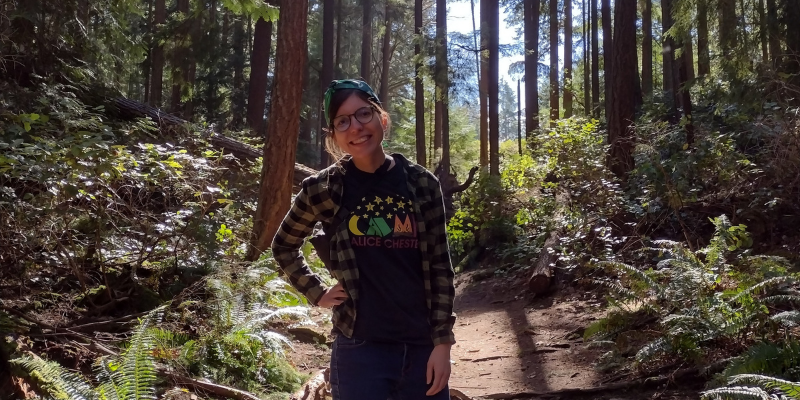This was my 1st week of logging daily goals. From doing new things (meditating) to maintaining habits (exercising), this was a challenge. But one of the key challenges? Opportunity cost. Have I lost or gained anything from choosing these activities over others?
There’s positives and negatives of doing more things, and tracking them.
I see from my new logs, there’s tons of behavior change:
- This was my first week of logging each goal every day, a change in itself.
- I’m seeing I’m better at physical goals, not mental/emotional. Namely, just because I’m learning to meditate doesn’t mean I’m gaining the emotional insight yet. Am I scared, within myself? Too nervous to share here? I need to respect the process.
- It’s getting easier to log each day, but I’m still struggling with how to document weekly/monthly goals. But as for daily, I can tell you:
Daily opportunity costs look like if/then.
If I workout for 60 minutes, then I might miss something. And this week, I missed some quality time with my bf’s family. It’s FOMO, and insecurity that they think I’m weird or obsessed with exercise. Which I am.
Sometimes if/then is positive. If I read instead of watching one more episode of Atlanta, I’ll have 20-40 more minutes of landing closer to another goal of reading through my bookshelf.
If/then can change behavior. One of my goals is to land ever-increasing steps each day. If I’m working at the office, then I have to get my steps in by either a. waking up even earlier or b. stuffing all my steps after work. So far, it’s the latter. After waking up 20 minutes earlier this week to practice meditation and gratitude, maybe I can wake up even earlier for more steps? To be determined.
There’s privilege in even having opportunity cost.
What resources do I need to make opportunities happen? That’s one reason why I love running so much: it’s just my steps, my sneaks. It’s efficient and results in one core workout, instead of 2 or even 3 exercise sessions in a day.
Not everyone has opportunity to stuff so many habits into one day. For this year’s goals, I really am trying to use the resources I have, instead of concerts or travels like last year’s plans. BUT there’s still the privileges of having time to work on many goals. That’s time affluence.
I have to ask myself my priorities… or life will decide for me. FOMO is still a thing. But my identity is mine, so I try to have many: If I call myself a runner, I run (and did on Saturday!). If I’m a reader, I read (a couple times a week, not daily as I intended to this week). And that means other items are less priorities, and hence a late dinner is the norm.
Make sure you’re choosing and measuring the right opportunities and goals.
During my meditation today, I learned about the Indian philosophy of “Santosha”, literally translated to complete contentment. The narrator suggested measuring a life may not equal actual happiness, and so this will be my call to action, this week.
While measuring physical goals is important, mental/emotional energy matters. My end goal for 2021 is to find flow, in all of these processes. I want to find happiness by doing what I love, repeatedly. So I will keep doing what I love, but I am going to try not to over-optimize or measure everything.
So, just because I’ve determined the physical goals for 2021, doesn’t mean the emotional responses are set yet. I don’t think they can be. If “feeling flow” comes from doing things, then I will. But sometimes, I just must be still and feel. I’m trying. I’ll keep you posted, maybe for next week’s blog, due 2/7.
Dear reader, I ask you tonight’s attention-setting question, how do you do what you love? And at what cost(s) to your schedule, relationships, priorities?

1 thought on “Opportunity Cost of Habit Change”